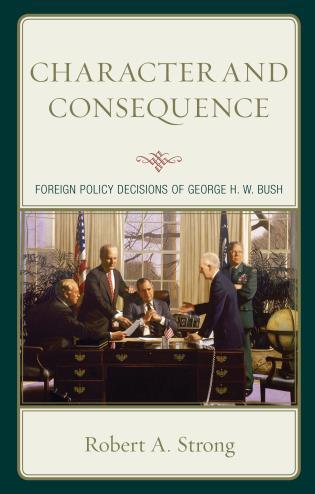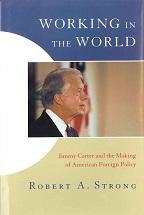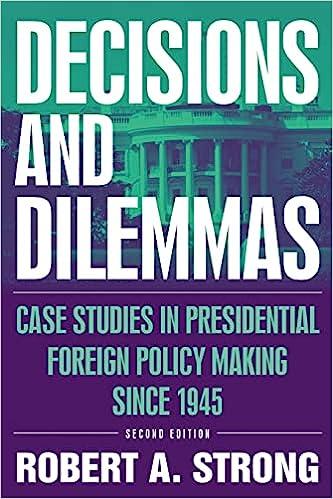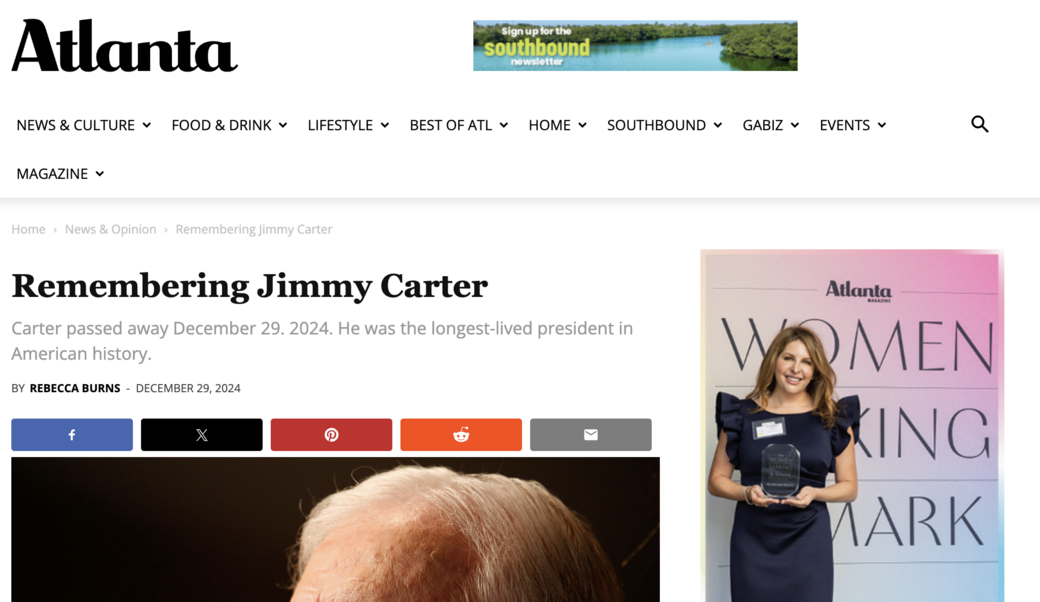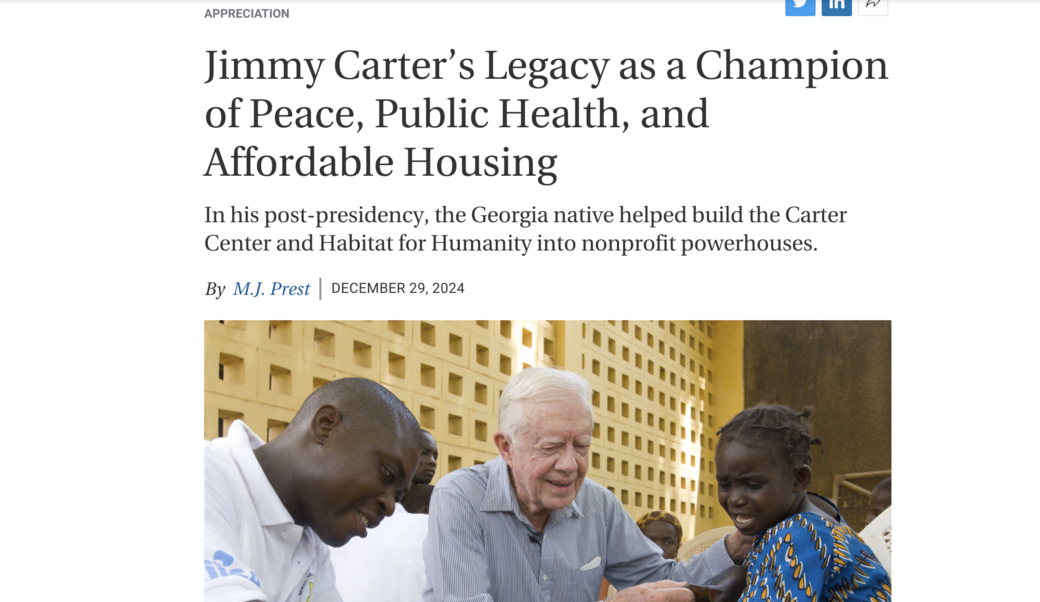Fast Facts
- Emeritus professor, Washington and Lee University
- Fulbright Scholar, University College Dublin (2013-14)
- Former associate provost, Washington and Lee University
- Expertise on the presidency, U.S. foreign policy, Jimmy Carter
Areas Of Expertise
- Foreign Affairs
- American Defense and Security
- Governance
- Elections
- Political Parties and Movements
- Politics
- The Presidency
Robert (Bob) Strong is emeritus professor at Washington and Lee University and was a Fulbright Scholar at University College Dublin for the 2013-14 academic year. In 2005, he was a visiting scholar at the Rothermere American Institute at Oxford University.
Strong earned his PhD at the University of Virginia and before W&L taught at Tulane University and the University College of Wales.
Strong's research involves national security issues and presidential foreign policy decisions in the modern era. His book publications include Character and Consequence: Foreign Policy Decisions of George H. W. Bush; Working in the World: Jimmy Carter and the Making of American Foreign Policy and Decisions and Dilemmas: Case Studies in Presidential Foreign Policy Making Since 1945.
From 2008 to 2013, Strong served in senior administrative positions at Washington and Lee, first as associate provost and then as interim provost. He has published essays in a variety of journals and national newspapers. His recent speeches and op-eds can be found here.
